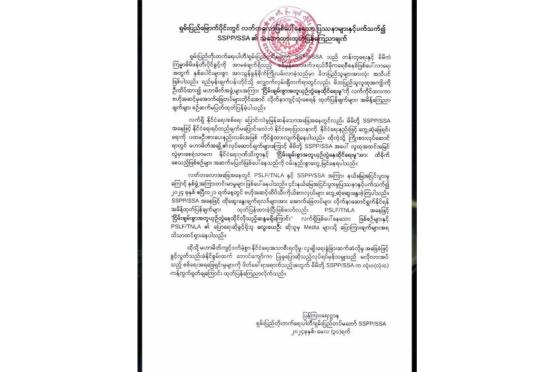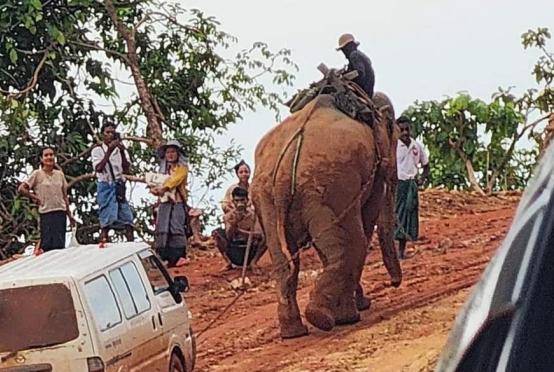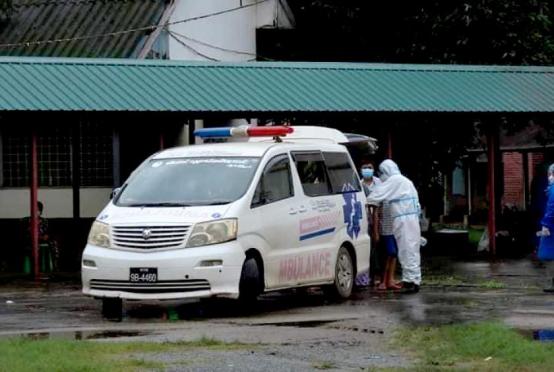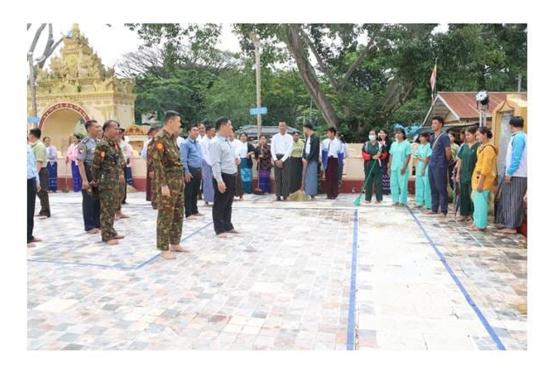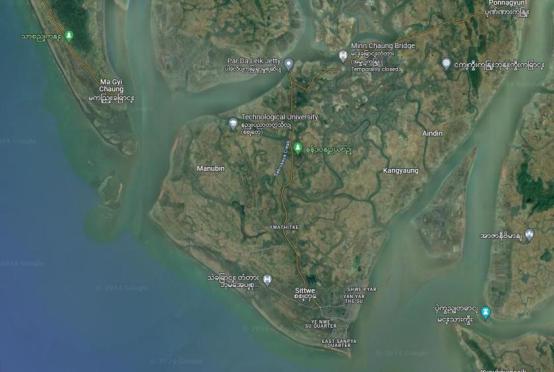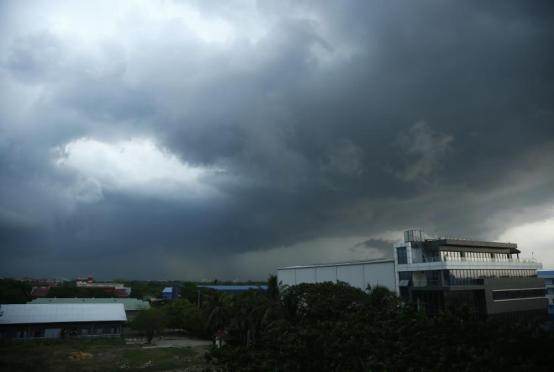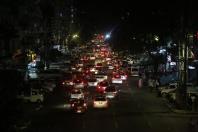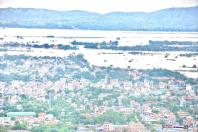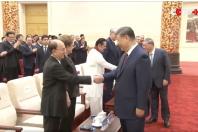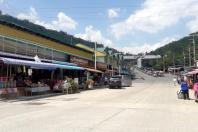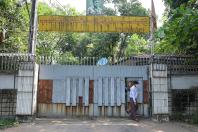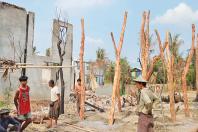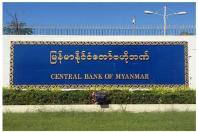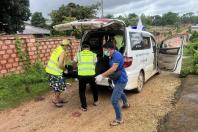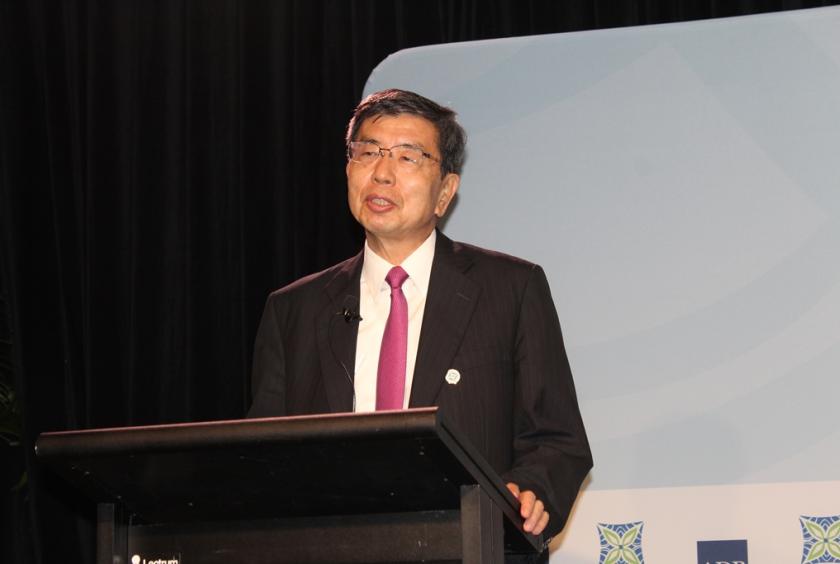
By KhineKyaw
Myanmar Eleven
Nadi, Fiji
With some countries in the Asia Pacific region facing extreme weather events caused by climate change, Asia Development Bank (ADB) has planned to increase its climate investments from this year on, according to TakehikoNakao, the bank’s president.
Nakao said during the bank’s 52ndannual meeting that climate change is among the six key areas ADB will prioritise in the implementation of Strategy 2030.
“Going forward, ADB’s operations are expected to continue to increase moderately to respond to growing client needs,” he said.
For ADB, 2018 was another strong year for climate investments, reaching almost US$3.6 billion in approvals for climate change adaptation and mitigation. By 2030, at least 75 per cent of ADB’s operations will support mitigation and adaptation efforts.
Nakao pledged the lender would provide a wide range of assistance for countries that are the most vulnerable to climate change.
“For example, ADB will make Nauru’s main harbor more resilient to rising sea levels. We have scaled up our disaster contingent financing in the Pacific,” he said.
“This allows countries to access financial resources immediately in the wake of a disaster, based on predetermined criteria.”
Nakao stressed the importance of ocean health in minimising negative impacts of climate change.
“Healthy oceans are essential to our planet and for the millions of people in Asia and the Pacific, especially those who depend on oceans for their food and livelihoods. But, our oceans are in danger,” he said.
According to Nakao, increasing water temperatures, untreated wastewater and plastic pollution, and unsustainable fishing practices are all damaging the oceans.
“If we do not act now, by 2050, 90 per cent of the region’s coral reefs will be dead, and there will be no commercially exploitable wild fish stocks left,” he warned.
Nakao pledged the lender would increase investment and technical assistance to US$5 billion in protecting the region’s oceans by 2024. Action plan for healthy oceans and sustainable blue economies was launched at the annual meeting. Through the plan, ADB will help countries reduce, reuse, and recycle plastic waste, and address other forms of marine pollution.
“We will support sustainable fisheries and measures to protect and restore key marine and river ecosystems,” he said.
“Protection of oceans requires collective action. ADB is already playing a catalytic role in this area through support for large regional programs such as the Coral Triangle Initiative.”
Across the region, the lender helps reduce ocean pollution through investments in wastewater treatment and solid waste management systems, said Nakao.
During the annual gathering, Korea, the host country of ADB meeting next year, pledged $350 million for cofinancing and $5 million grant for technical assistance towards AseanCatalytic Green Finance Facility, with a focus on projects to boost ocean health.
Last year, ADB’s commitment of loans and grants reached a record high of $21.6 billion, a 10 per cent increase from $19.7 billion in 2017. Disbursements also improved, rising to $14.2 billion, an increase of 24 per cent from the previous year.
“We quickly responded to emergencies, including Cyclone Gita in Tonga and the earthquake disaster in Indonesia. ADB provided assistance to displaced people in Bangladesh with a grant of $100 million,” he said.
Nakao said ADB would also continue to support upper-middle income countries in such areas as climate change and regional public goods.
“Providing grant support to the poorest and most vulnerable developing member countries will remain an essential function of ADB,” he said.
“We are considering how to use the grants for some thematic priorities such as climate change, gender, disaster prevention and management, and regional public goods such as regional health security.”
At the five-day event, ADB governors also stressed the importance of disaster risk management and prevention. They appreciated ADB’s quick and substantial supports after cyclones and earthquakes in Pacific island countries and Indonesia.
Nakao is also committed to strengthening the lender’s knowledge works.
“Last year, we published a number of knowledge products and hosted important knowledge-exchange forums on clean energy, sustainable transport, water, climate actions, and digital transformation,” he said.
“We are also continuing efforts to incorporate innovative ideas and advanced technologies into our projects and programmes.”

